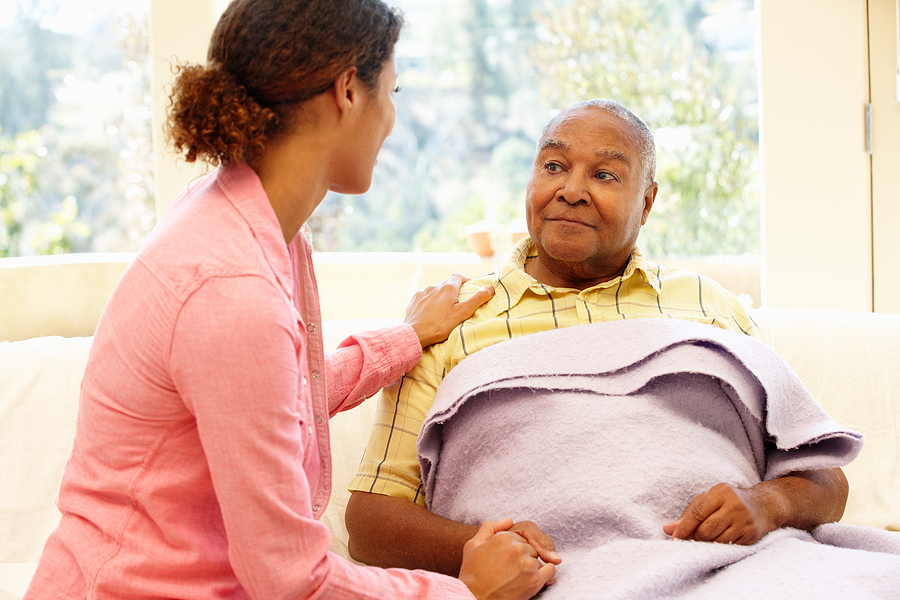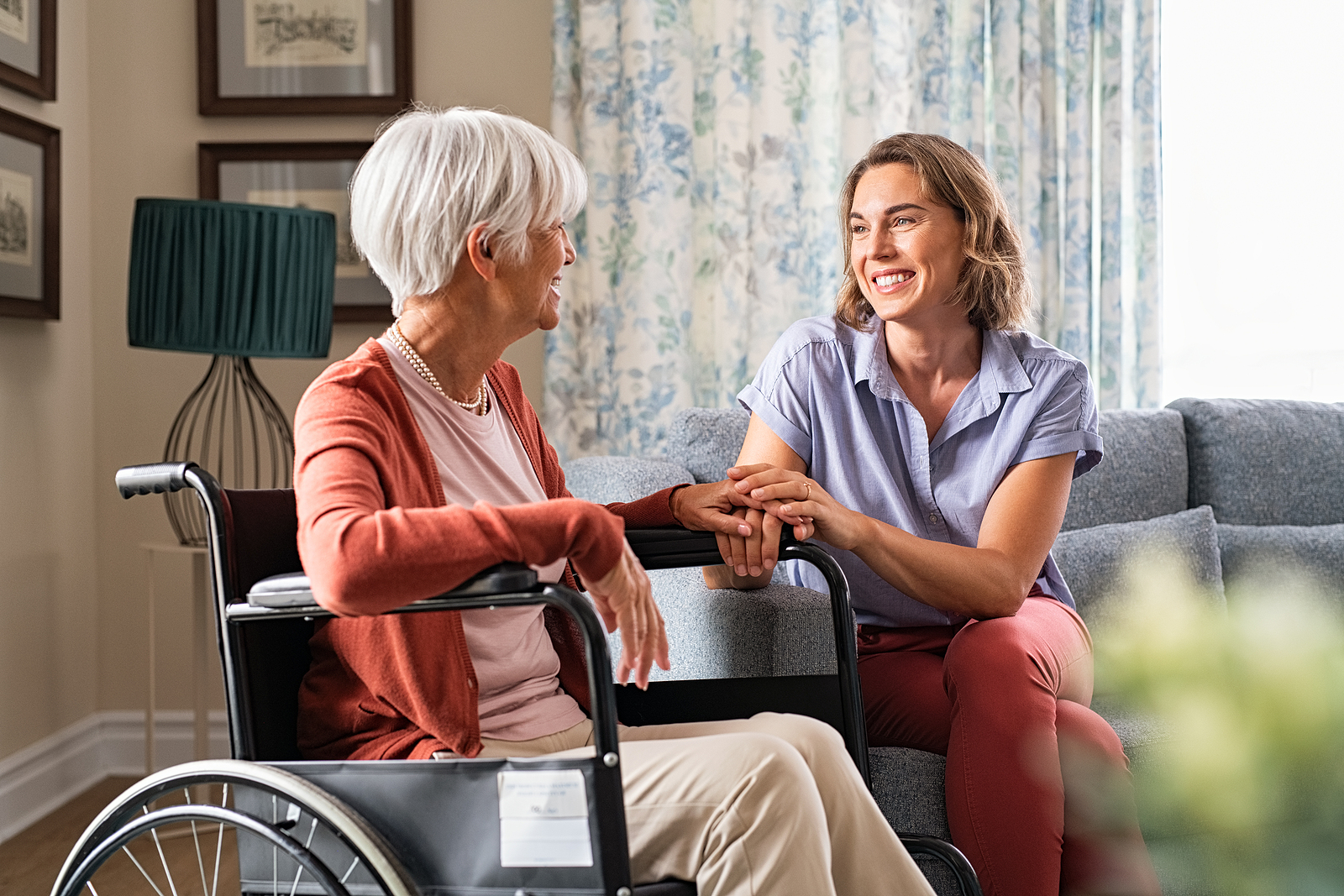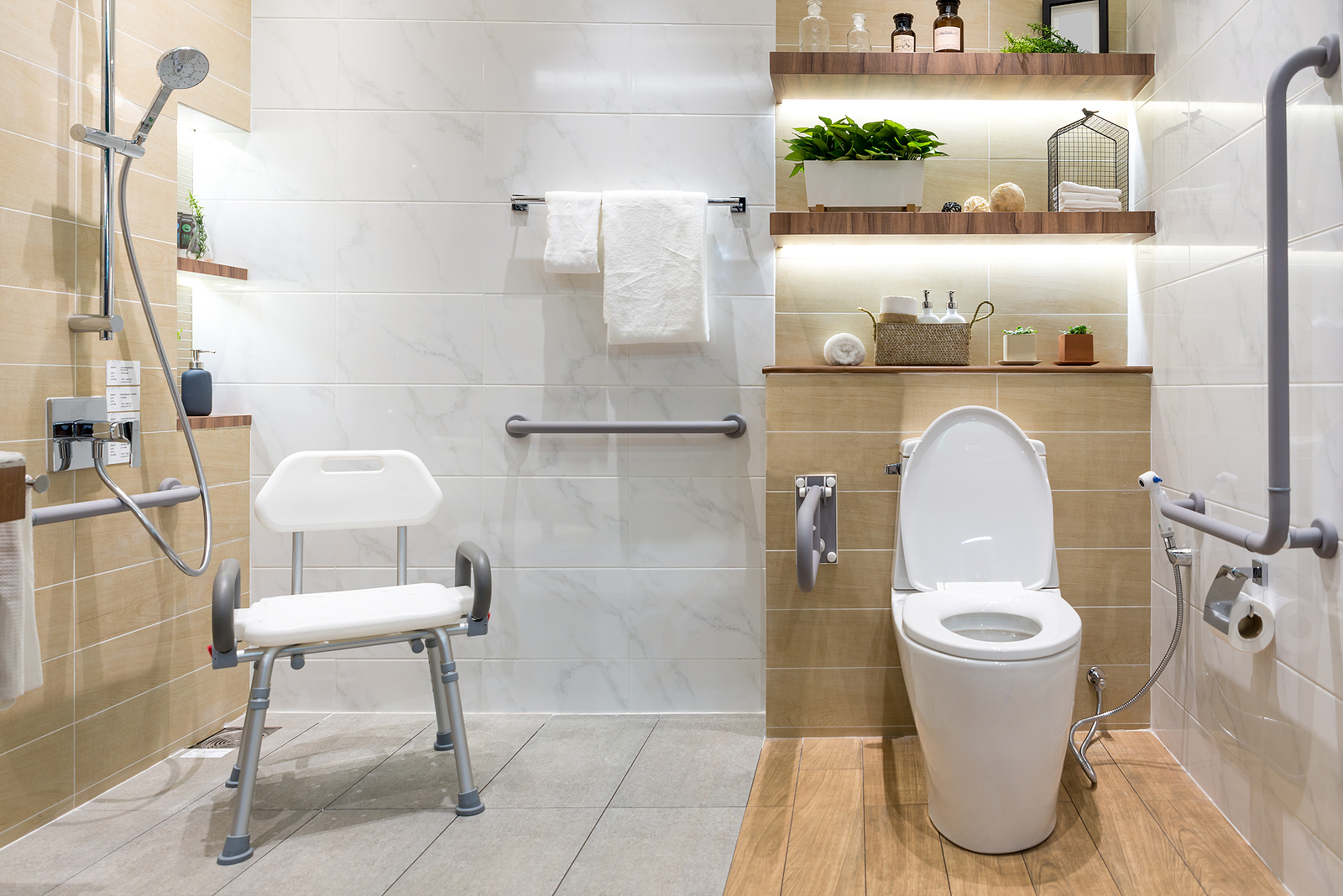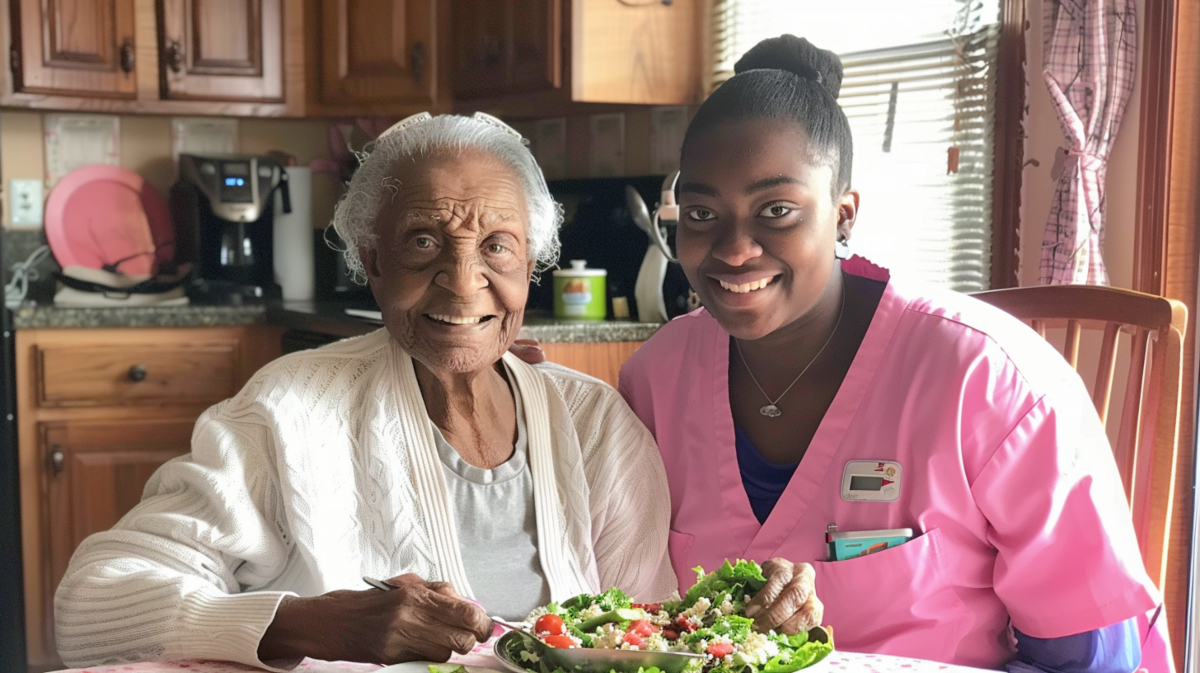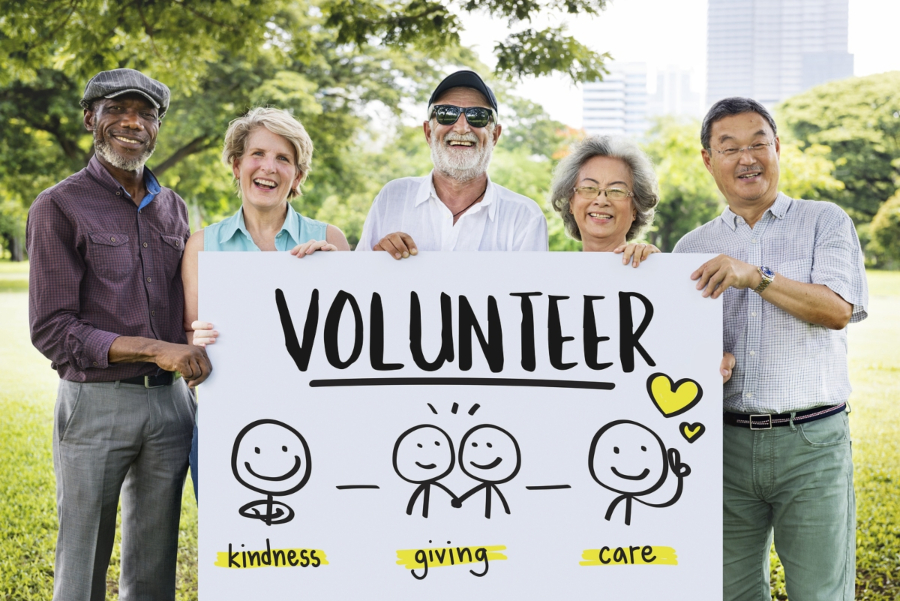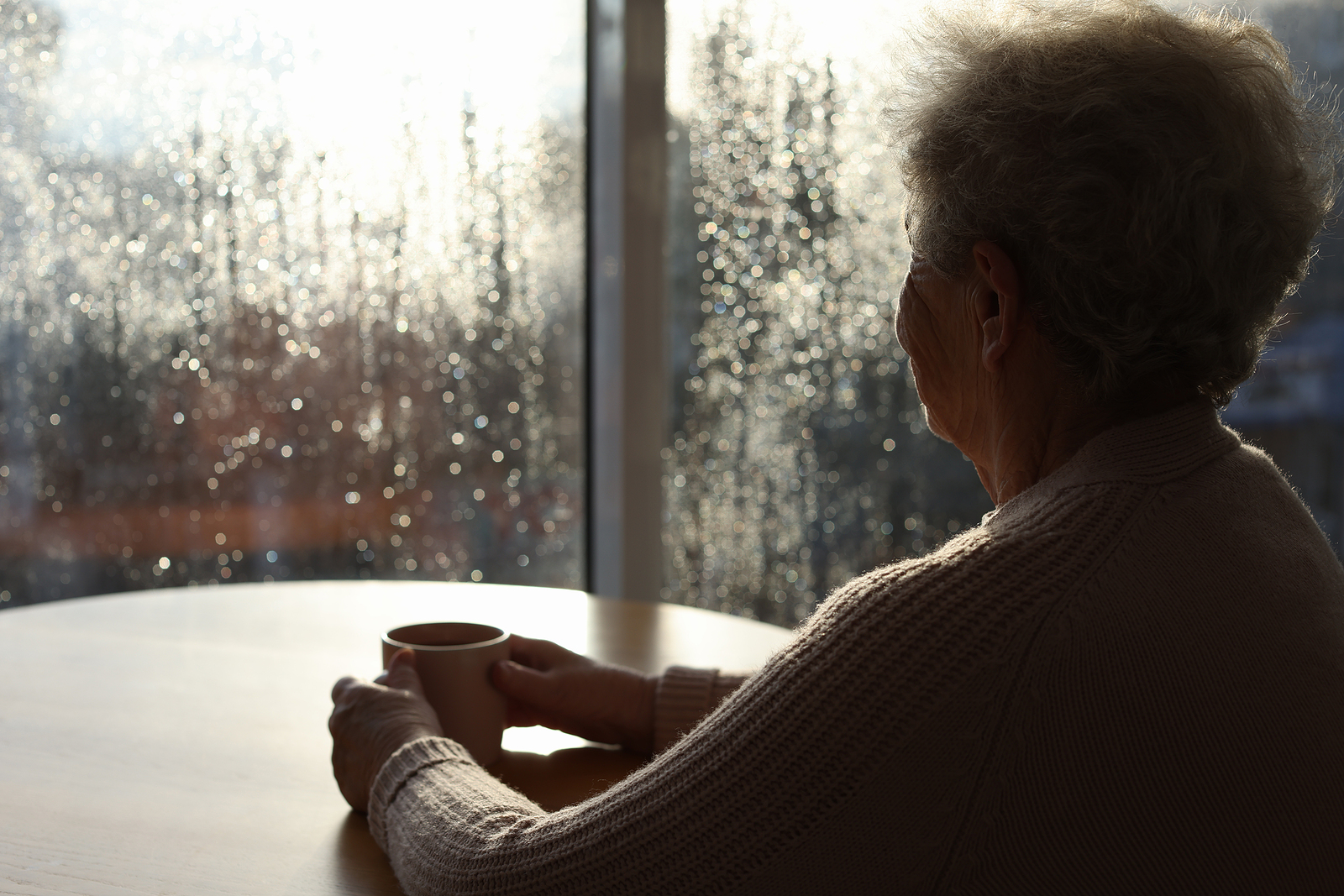As an increasing number of older adults choose to age in place, families are often left seeking effective ways to support them from a distance or amidst busy schedules. If your aging parent is living alone and you’re concerned about their health, safety, or ability to manage daily routines, in-home care may be the ideal solution. This personalized form of support allows seniors to remain in the comfort of their own homes while receiving the assistance they need to maintain independence and enjoy a better quality of life.
What In-Home Care Can Provide
In-home care services offer practical, day-to-day support that empowers seniors to live comfortably and confidently. From running errands to offering companionship, professional caregivers help fill the gaps in daily living that may have become challenging due to age-related limitations. Below are some of the most valuable tasks in-home caregivers can assist with:
Shopping and Running Errands
Managing everyday errands like grocery shopping, picking up prescriptions, or mailing packages can be physically demanding or even impossible for seniors—especially if they no longer drive or have mobility issues. In-home caregivers can take care of these tasks or accompany your parent to make the experience more enjoyable and less isolating. Having dependable help ensures essentials are always within reach, without the stress or risk.
Light Housekeeping
Maintaining a clean and organized home is essential for safety and well-being, but the physical demands of housework can pose serious risks for older adults. Activities like bending, lifting, or using cleaning chemicals can lead to falls or other injuries. In-home care professionals can handle light housekeeping duties—such as dusting, sweeping, mopping, sanitizing surfaces, and making beds—ensuring your parent’s home remains tidy, hygienic, and free from potential hazards.
Laundry and Folding Clothes
Tasks as simple as doing laundry can become burdensome for seniors, especially those with arthritis, balance issues, or limited mobility. In-home caregivers can manage laundry from start to finish—sorting, washing, drying, folding, and even putting clothes away. This not only alleviates physical strain but also ensures that your parent always has clean, accessible clothing, which contributes to their comfort and dignity.
Taking Out the Trash
Though often overlooked, taking out the trash can be surprisingly difficult—and even dangerous—for seniors living alone. Lifting bags, navigating stairs, or managing heavy lids increases the risk of injury. A caregiver can take care of trash removal routinely, helping maintain a clean living space and minimizing odors, spills, or the risk of pests.
Medication Reminders
Managing multiple prescriptions can be confusing, especially for seniors with memory impairments. While in-home caregivers typically do not administer medications unless medically trained, they can offer timely reminders and assist in organizing pills using medication boxes. This oversight helps prevent missed doses, overmedication, or dangerous drug interactions, promoting better health and peace of mind for families.
Providing Friendly Company
Beyond physical support, one of the most profound benefits of in-home care is companionship. Caregivers are often a friendly and familiar presence—someone to share a conversation, a meal, or a quiet afternoon. Regular social interaction helps reduce feelings of loneliness and isolation, which are common among older adults and can have serious health implications. Emotional connection is just as vital as physical care, and in-home caregivers offer both.
Supporting Independence with Compassion
In-home care is more than just help—it’s a compassionate partnership that respects the wishes of seniors to remain in their own homes while ensuring they are safe, supported, and engaged. If your senior parent is beginning to struggle with daily tasks, consider in-home care as a practical and empowering solution that benefits the entire family.
